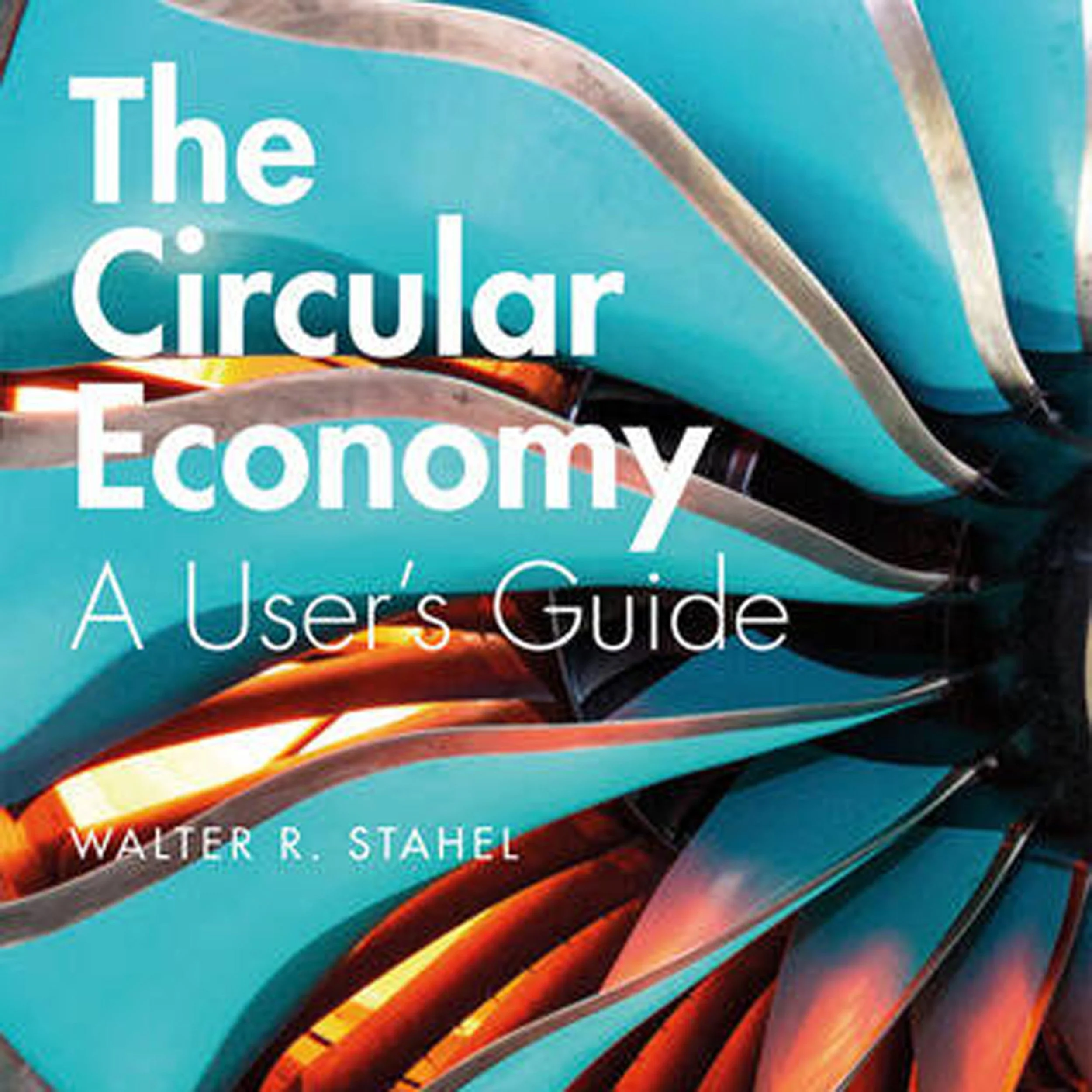Highlights - ARMOND COHEN - Executive Director of Clean Air Task Force
/Executive Director of Clean Air Task Force
There's no such thing as completely clean energy. We use that term a lot, but it's not really true. We have low carbon energy, and lower carbon energy, but any kind of industrial system has requirements for materials and processing, and nothing is completely natural in the industrial world. If we can electrify transportation, I think we can clean up the grid, and then I think we can deal with these life cycle issues in a way that's responsible, but it'll never be zero. That's impossible. The good thing about technology is it can move very fast. And so my advice would be if you're interested in this topic, if you have a mathematical, scientific, or business orientation, or you just like solving problems, get trained to really be part of the technological business revolution that's going on right now.



















